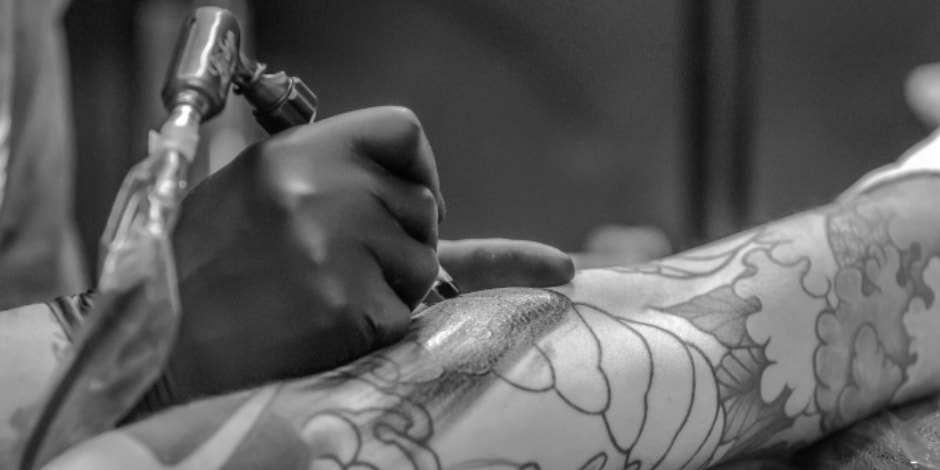If You're A Christian, Can You Get A Tattoo? Yes, According To The Bible Verse In Leviticus 19
Tattoos can be a tricky topic.
 pexels
pexels In today’s world there are so many different forms of expression.
There’s the emotion we show on our face, the statues carved from stone long ago, Michelangelo and the Sistine Chapel and so many other examples throughout time that help us to understand one another.
One form that has certainly become big are tattoos, otherwise known as art on your body. They can represent anything you want, from your favorite food to being dedicated to someone you loved who’s passed away.
Over the years I’ve seen some interesting ones, anything from the Stanley Cup (ice hockey’s top trophy) to one made in memory of the person’s grandparents. Personally I don’t have any (though I’d like to get one at some point).
Now, just like with any other form of art in its day, tattoos do have a bit of controversy around them. There’s often a stereotype that if you have one you’re lazy or you don’t have a job.
The other misconception is that tattoos are attached to bad people, ex. gang members or inmates. But a tattoo doesn’t automatically make someone inherently bad.
However, some of that depends on what you get put on you.
Like I said before, people can get anything, but it’s the meaning behind it that can give a poor impression. This is where Christianity and the Bible can begin to play a role.
If you’re a Christian (such as myself), you might ask yourself “what are the implications of me getting a tattoo in regards to my faith?” Naturally you go to the Bible for guidance, but you find that not much is offered on the topic.
The only real verse is Leviticus 19:28: “Ye shall not make any cuttings in your flesh for the dead, nor print any marks upon you: I am the Lord.”
This verse is typically used by those who are against tattoos.
But, if you take the time to do a bit of research, you’ll find the prevailing opinion to be that it’s left up to interpretation, mixed with a bit of soul searching. Let me explain.
Leviticus in the Bible is often considered to be a book of law. This is because while the Israelites wandered for 40 years, God handed laws down to Moses, and in turn he told them to the Israelites.
The book essentially comes down to making your life solely about serving the Lord. The laws given were often strict and to be taken quite literally.
Of course, it’s important to remember the context that these laws were given in. Leviticus is a book of the Old Testament. While it’s true it’s still very possible to apply what’s taught in those books to our everyday lives, you also have to remember the time.
This was the age of prophets, war and God’s wrath. What’s said in the Old Testament (while still relevant) was truly meant for the people of the time. It’s up to modern-day Christians to interpret what the message was and how to apply it now.
So, circling back to the main topic at hand. The verse in Leviticus refers to “marks” on the body, it doesn’t say tattoos. The reason for this? Tattoos wasn’t even a word yet and that’s for the English language (keep in mind the people in the Bible did NOT speak English).
Also, in this case, marks truly means marks.
It wasn’t uncommon for pagan rituals to involve scarring your body. And of course, since they’re pagan, God didn’t want His people to put such marks on themselves.
Now this doesn’t mean anything goes aside from cuts. The context of your tattoos still matters a great deal. For instance, if you’re a Christian and get a tattoo of a demon, that’s probably not going to go over very well with the Lord.
Your reasons for getting one are just as important as the tattoo design itself. Make sure they’re ones you can be proud of and that you can answer for when the time comes.
When it comes down to it, it’s all about your own personal interpretation. The Bible doesn’t say that you can’t get a tattoo, but remember that if you’re a Christian, you should make sure your reasons are good, both in your eyes and the eyes of the Lord.
Jesse Oakley is a writer who writes about love, relationships and self-care.

